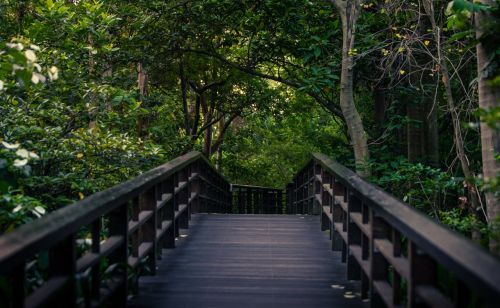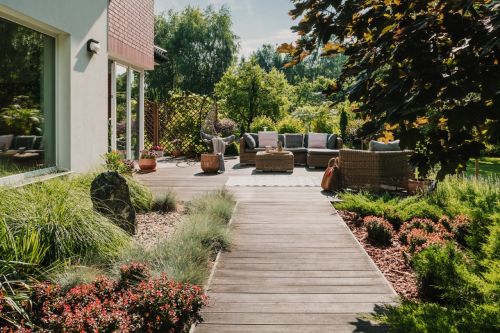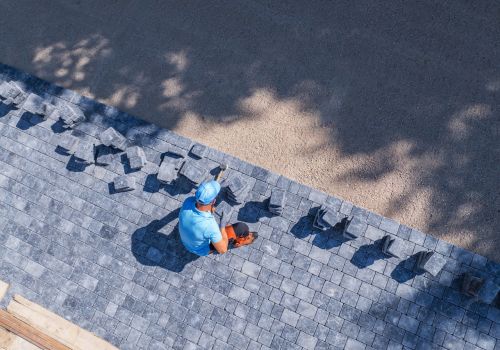Pergola systems have become a staple in outdoor landscaping and architectural design, combining both aesthetic and practical benefits. Whether used in gardens, terraces, restaurants, or commercial spaces, pergolas create shaded zones that elevate comfort and visual appeal. Today’s pergola technologies—ranging from traditional wooden structures to modern bioclimatic and automated systems—offer versatile options that adapt to climate, user preferences, and architectural needs.

The word pergola refers to a structure typically composed of vertical columns and crossbeams, designed to provide partial or full shade in outdoor areas. Originally used for climbing plants and garden aesthetics, modern pergolas are functional outdoor living enhancements. From private residences to hospitality spaces, pergolas are commonly installed in:
Gardens and patios
Rooftop terraces
Poolside lounges
Café and restaurant seating areas
Commercial courtyards
They serve as weather-regulating extensions and design elements that blend architecture with nature.
Bioclimatic pergolas are designed with adjustable louvers that adapt to wind, rain, and sunlight. These systems can open to allow ventilation or close fully for waterproof coverage, offering four-season usability. The aluminum structure is sleek and modern, often controlled by remote or smart automation.
For those seeking a rustic or natural aesthetic, wooden pergola options provide timeless elegance. These structures can be treated for longevity and customized in design, making them ideal for classical gardens, boutique hotels, and nostalgic outdoor spaces.
Automatic pergolas operate via motorized systems, allowing users to control the shade and coverage level with a button. They’re often integrated with lighting, rain sensors, and smart controls.
Combining retractable awnings with pergola frames, these systems offer adaptable shade solutions that balance sun and shelter throughout the day. Ideal for restaurant patios and terraces, they can be retracted as needed.
When selecting a pergola model, consider factors like wind resistance, maintenance frequency, desired aesthetic, and budget.
A well-designed pergola doesn’t just provide shade—it adds structure and style to outdoor environments. Key benefits include:
Year-round usability: Bioclimatic systems allow ventilation in summer and protection in winter.
Aesthetic value: They add visual dimension and architectural flair.
Increased property value: Stylish outdoor extensions attract attention and boost real estate appeal.
Customizability: Pergolas can be tailored in size, material, and color to suit your space.
Whether for personal or commercial use, pergola systems turn underutilized spaces into inviting zones for relaxation or hospitality.
Bioclimatic systems represent the pinnacle of smart pergola technology. These systems:
Use motorized aluminum louvers that rotate 0–135°
Offer full protection from rain, with integrated drainage
Are controlled via remote or smart home integration
Feature LED lighting, side screens, and sensors for wind/rain
Require minimal maintenance and are resistant to corrosion
They’re ideal for luxury villas, upscale restaurants, or any space demanding high-performance climate adaptability.
Cem Botanik follows a comprehensive installation and support process for pergola systems:
On-Site Assessment: Measurements and user needs are evaluated.
Design & Material Planning: Model type, size, materials (wood, aluminum), and accessories are chosen.
Production & Delivery: Pergolas are custom-manufactured to fit the specific space.
Installation & Calibration: Professional technicians handle mounting, alignment, motor setup, and finishing.
After-Sales Support: Warranty coverage, user training, and optional periodic maintenance packages are offered.
Pergola prices vary based on:
Model Type: Bioclimatic and automatic systems are more premium compared to wooden or fixed structures.
Dimensions: Larger spans require more material and support.
Material Quality: Premium wood types, aluminum grades, and UV-resistant coatings affect cost.
Accessories: Lighting, automation, sensor integration, and side screens add to the total.
Labor & Location: Installation complexity and travel distance may impact pricing.
Custom quotes are offered after project assessment to ensure transparency and value.
A pergola is an outdoor architectural structure used to provide shade, shelter, or a decorative canopy. It enhances both the usability and aesthetic value of outdoor spaces.
Bioclimatic pergolas feature adjustable aluminum louvers and advanced automation, while traditional pergolas (usually wood) are fixed in structure and lack smart features.
High-quality pergola awning systems are made with weather-resistant materials and treated fabrics, lasting 10–15 years with proper maintenance.
Yes, automatic pergolas are powered by electric motors and usually include remote or smart controls. They may also feature solar panel integration.




